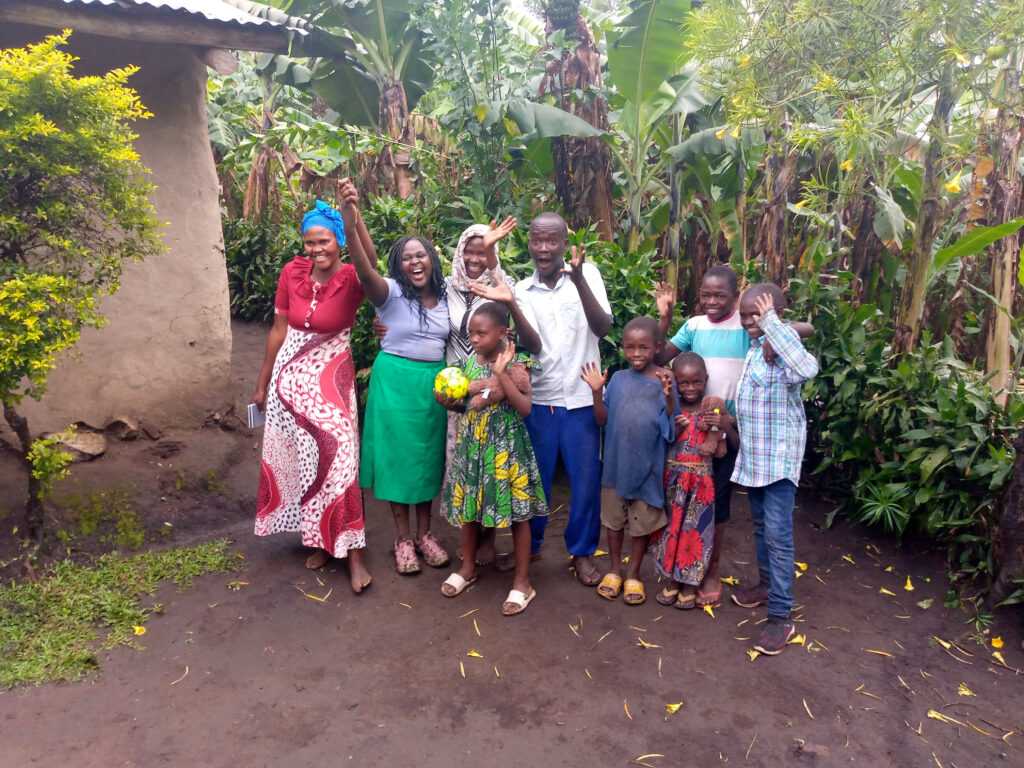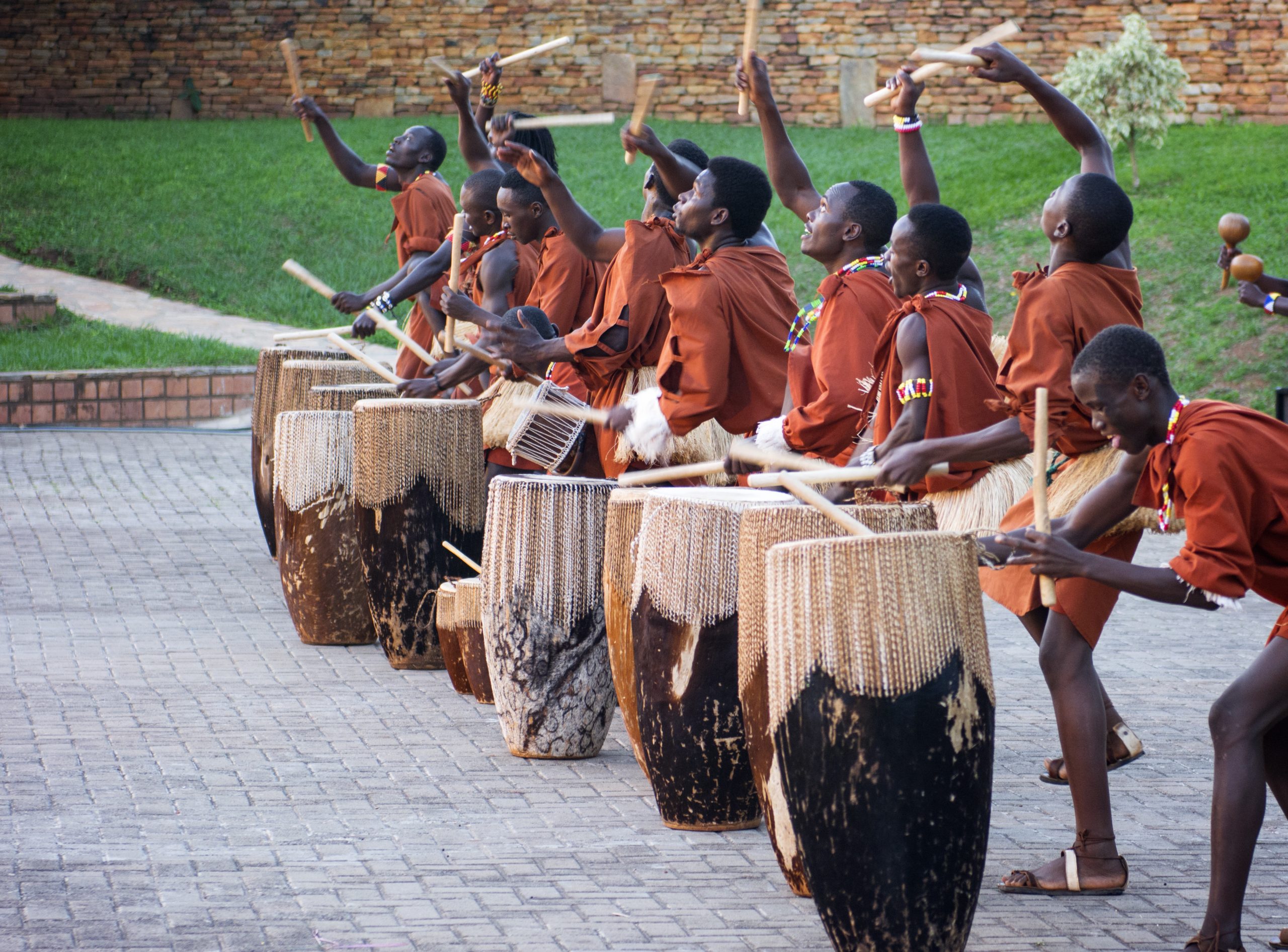Restoration of lost relationships with an adoptee’s biological family and culture is imperative to their overall well being. When listening to adopted adults, specifically regarding knowledge of their personal history and contact with any extended family members, we have learned most are overwhelmingly in agreement as to the importance of full transparency. Not knowing or having any contact with their extended families from their home countries brings about a depth of trauma that can be carried with them throughout their lives. Adoptive parents bear the responsibility of doing everything possible to keep their adopted child connected to their home country. This includes finding a safe and healthy way to have a relationship with living biological relatives. There are many ways to maintain a relationship with your child’s extended family in Uganda.
Many Ugandans have access to the internet which can provide a multitude of platforms to connect. Some of these platforms include: Facebook Messenger, WhatsApp, Skype and email. Sending a text, audio message or making a video call are all possible through these platforms. If your child’s family does not have access to the internet Kugatta will gladly help to relay messages on behalf of the adoptive and biological family.
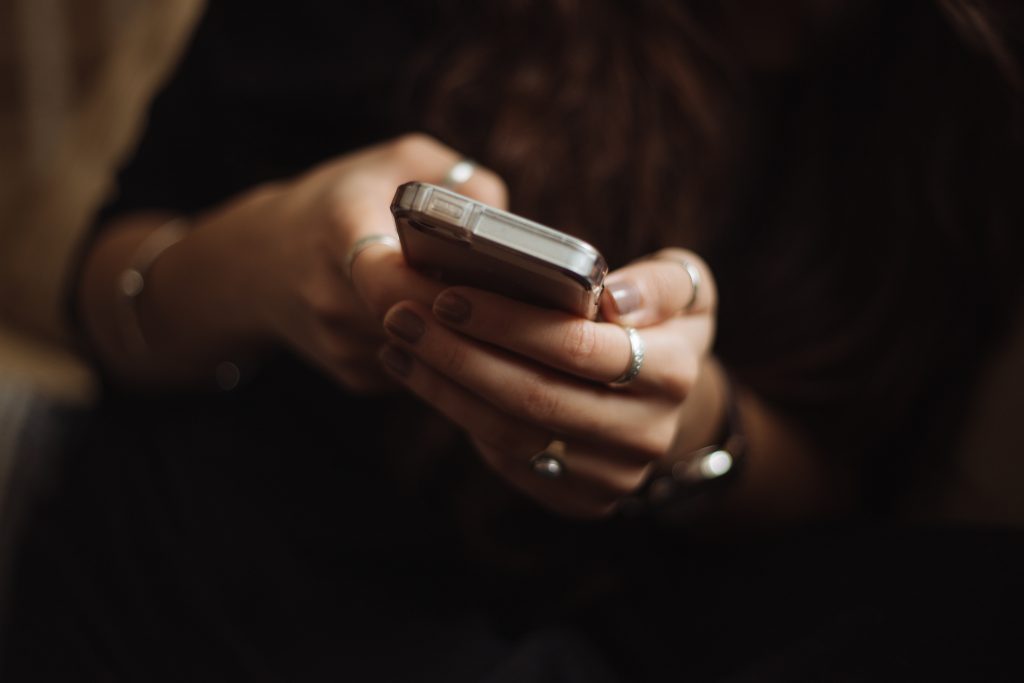
Visiting: Planning a visit to Uganda to spend time with extended family is greatly encouraged. Time together will help your adopted child to reconnect with their family and culture, and according to heath experts the earlier the better. Normalizing this dual part of their life early on can be critical in the formation and understanding of their identity.
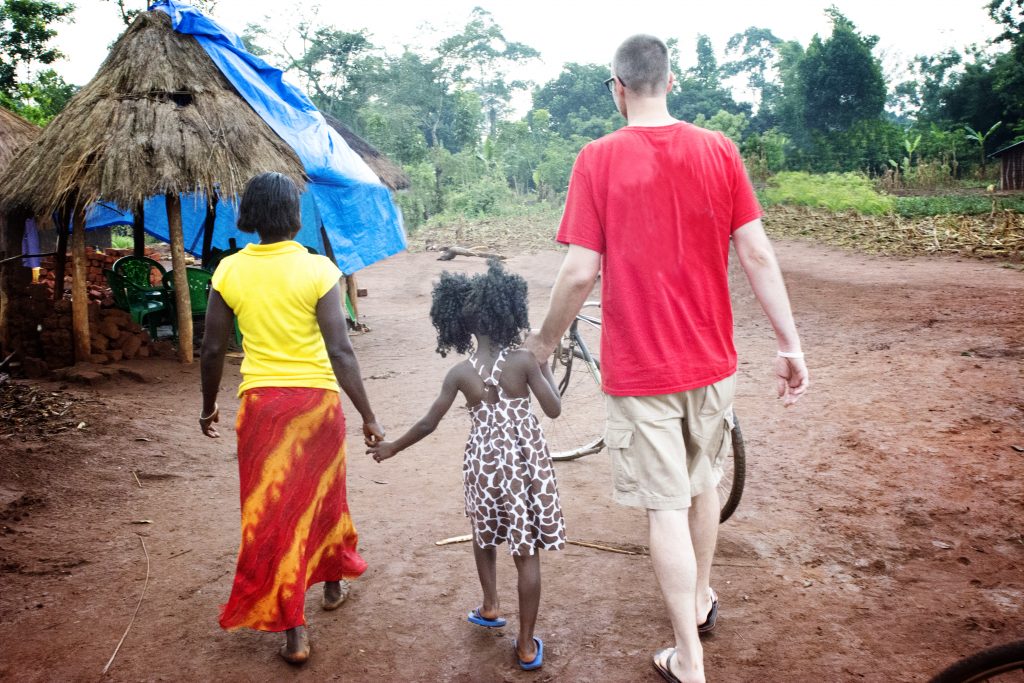
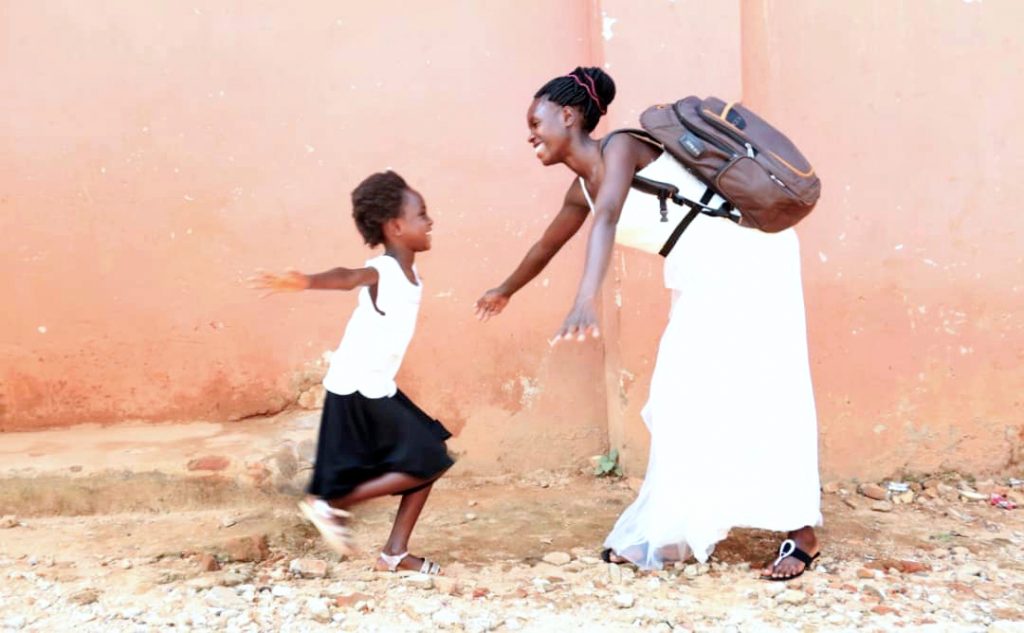
We originally founded Kugatta in an effort to provide adoptees and their families (both adoptive and biological) the ability to reconnect. Kugatta is here to provide this service for Ugandan adoptees and the biological relatives they have been separated from. Kugatta can facilitate video calls, deliver updated pictures or video messages, and organize in-person reunions. Gladys is a fantastic interpreter and both Jessica and Gladys have a great understanding of Ugandan culture and the many complexities involved when it comes to navigating the intricacies of beginning and sustaining a relationship between biological and adoptive families who have been separated by intercountry adoption.
